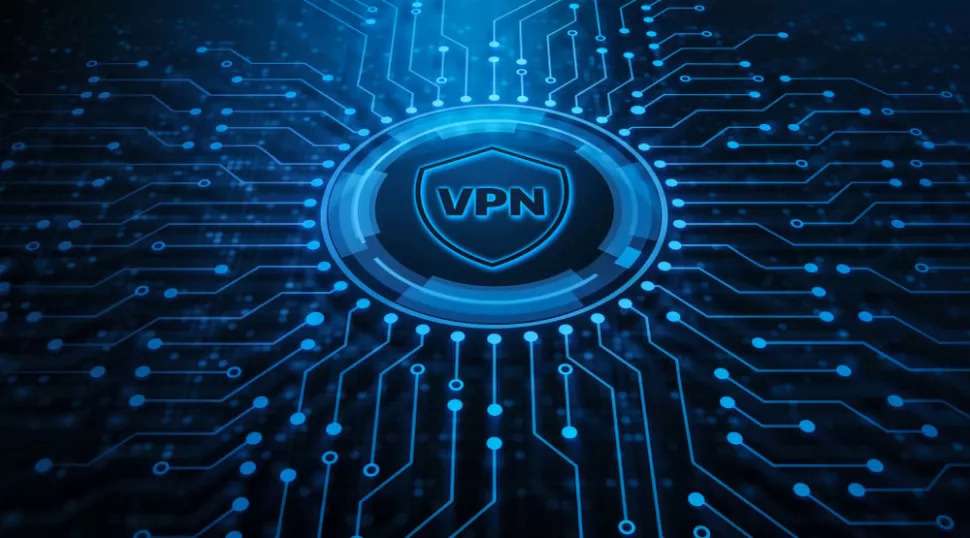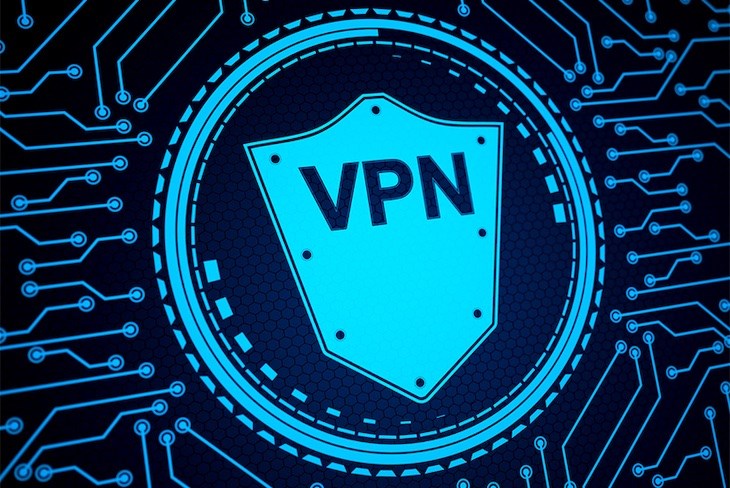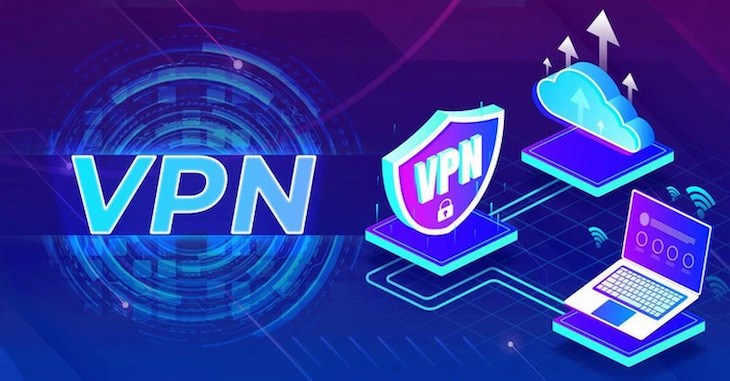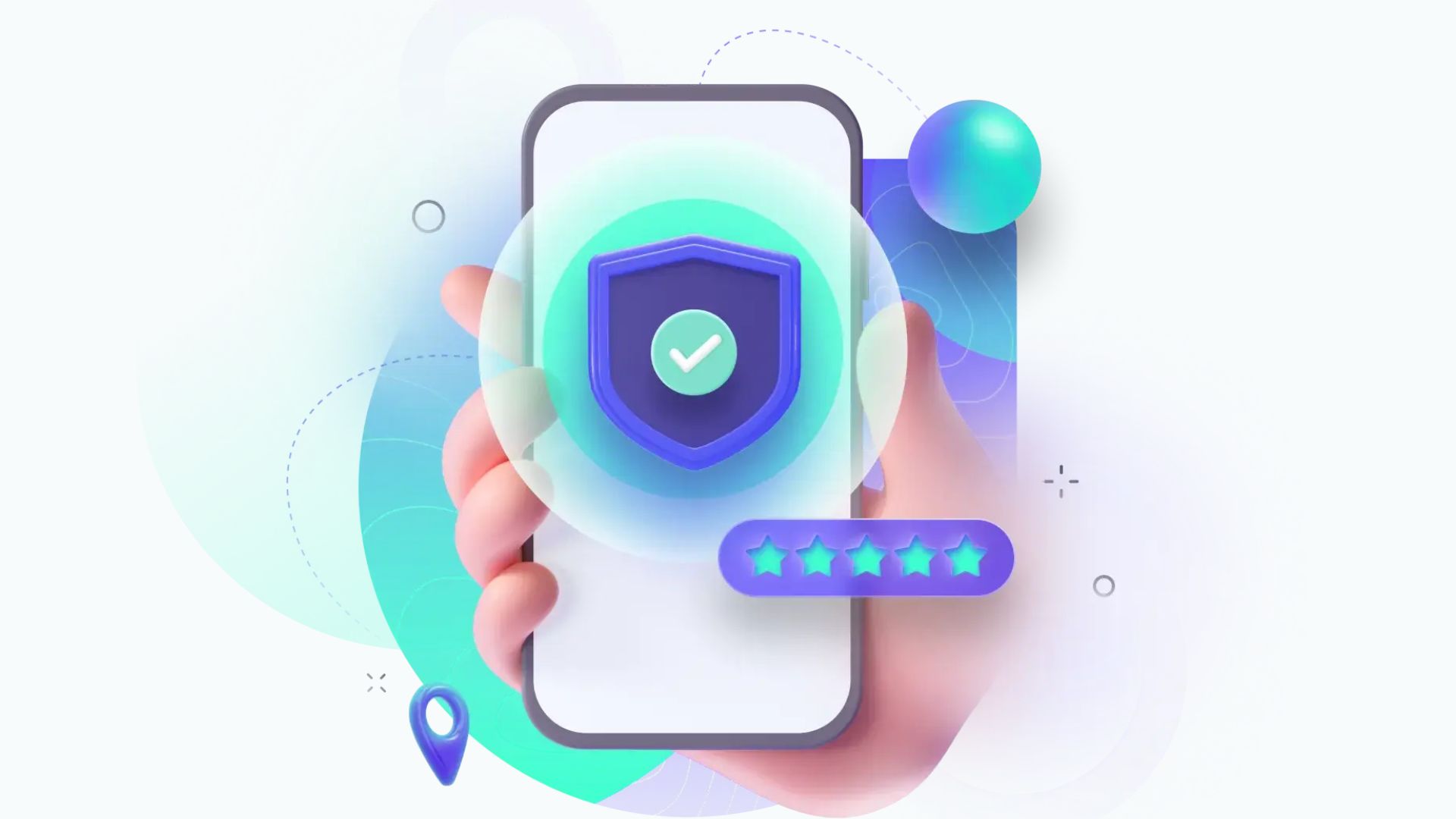“Discover how VPNs and protection against cyber threats, including malware, phishing, and data breaches, work together to enhance your online security. Learn how VPNs safeguard your personal information and protect your privacy.
Discover How VPNs and Protection Against Cyber Threats Enhance Your Online Security
In today’s increasingly digital world, cybersecurity has become a paramount concern for individuals and businesses alike. With the rising frequency of cyberattacks, from data breaches to advanced malware infections, protecting online privacy is more crucial than ever. One of the most effective tools to secure your online activities is a Virtual Private Network (VPN). VPNs and protection against cyber threats not only boost your privacy by encrypting internet traffic but also offer strong protection against various cyber threats, including malware, phishing, data breaches, and man-in-the-middle (MITM) attacks.
In this article, we will explore how VPNs work, the different types of cyber threats they shield you from, and why they are a must-have for maintaining robust online security. Whether you are an everyday internet user or a business professional, understanding the benefits of VPNs and protection against cyber threats will help mitigate the risks associated with digital security breaches and ensure your privacy is protected.
What is a VPN?
A Virtual Private Network (VPN) is a powerful service that establishes a secure and private connection between your device and the internet, offering vital protection against cyber threats. When you connect to a VPN, it routes your internet traffic through an encrypted tunnel to a secure server operated by the VPN provider. This process not only encrypts your data but also hides your IP address, ensuring that your online activities are not traceable back to your physical location. By masking your real IP address and encrypting your data, VPNs and protection against cyber threats play a crucial role in protecting users from cyber threats like hacking, phishing, and man-in-the-middle attacks, thereby enhancing both privacy and security during online activities.
There are various types of VPNs, including:
-
Remote Access VPNs: Primarily used by individuals, providing secure internet connections when accessing public or unsecured networks.
-
Site-to-Site VPNs: Used by businesses to connect multiple networks securely, such as connecting branch offices to a central office network.
-
Mobile VPNs: Specifically designed to provide seamless connectivity for users who move between networks, such as those using mobile devices or working remotely.
VPNs are an essential tool for ensuring both privacy and security when navigating the internet. By encrypting communication and masking your identity, VPNs help protect you from various threats that seek to exploit unsecured connections.
How Do VPNs Protect Against Cyber Threats?
1. Protection Against Malware and Ransomware
Malware is malicious software designed to harm or exploit any device it infects. It can be used to steal data, damage systems, or even lock you out of your files (as is the case with ransomware). When using a VPN, your traffic is encrypted, making it harder for cybercriminals to inject malware or ransomware into your device.
Furthermore, many VPN services offer additional security features, such as malware blockers, which prevent malicious websites from infecting your device. These features enhance the protection provided by the VPN, ensuring that your data remains secure and that your device is shielded from potentially harmful sites.
2. Guarding Against Phishing Attacks
Phishing attacks are deceptive attempts to acquire sensitive information such as usernames, passwords, and financial information by pretending to be trustworthy entities. A common method of phishing involves the use of fraudulent websites that mimic legitimate sites to trick users into entering personal data.
VPNs can protect against phishing in two ways. First, they can hide your IP address, preventing attackers from tracking your online activities. Secondly, some VPNs provide features that block access to known phishing websites, further reducing the risk of falling victim to such scams. This dual protection ensures that your sensitive data remains secure.
3. Prevention of Man-in-the-Middle Attacks
A Man-in-the-Middle (MITM) attack occurs when a cybercriminal intercepts communication between two parties, often without either party being aware. This allows attackers to steal sensitive information, alter communications, or inject malicious content into the conversation.
When using a VPN, your internet traffic is encrypted, making it nearly impossible for attackers to intercept or manipulate data. The encryption used by VPNs ensures that even if a hacker manages to intercept the communication, they will not be able to read or alter the data. This type of encryption is particularly crucial when using public Wi-Fi networks, which are often targeted by MITM attackers.
4. Shielding Personal Data from Data Breaches
Data breaches occur when unauthorized individuals gain access to sensitive data, such as personal information, credit card numbers, or passwords. VPNs can help prevent data breaches by encrypting your internet traffic, ensuring that any information you send or receive remains private and inaccessible to malicious actors.
Even if hackers attempt to breach the server you are communicating with, the encrypted connection provided by a VPN ensures that they will not be able to access your personal data. This encryption adds an additional layer of protection to sensitive information, such as banking details and login credentials.
5. Hiding IP Addresses for Enhanced Privacy
One of the most important functions of a VPN is its ability to mask your IP address. Your IP address is a unique identifier that can be used to trace your physical location and online activities. By routing your internet traffic through a VPN server, your real IP address is hidden, making it difficult for cybercriminals, advertisers, or even government entities to track your movements online.
This level of privacy is particularly important when accessing sensitive information or browsing anonymously. It prevents hackers from gaining access to your personal details, reducing the risk of cyberattacks targeting your device.
The Importance of VPNs for Remote Workers and Businesses
In an increasingly digital world, many employees work remotely, often connecting to company networks from home or public Wi-Fi locations. Public Wi-Fi networks, in particular, are a hotbed for cyberattacks due to their lack of encryption and security protocols. A VPN provides remote workers with a secure, encrypted connection, ensuring that sensitive company data remains protected when accessed outside the office.
For businesses, implementing VPNs can significantly reduce the risk of data breaches and unauthorized access to sensitive internal systems. VPNs allow businesses to extend their network securely, ensuring that employees can access company resources without compromising security.
Benefits of Using a VPN for Cybersecurity and Protection Against Cyber Threats
Enhanced Security: VPNs and protection against cyber threats work together to encrypt your internet traffic, shielding you from hackers, cybercriminals, and potential data breaches. The encryption prevents unauthorized access to sensitive information, ensuring that your online activities remain secure.
Improved Privacy: By masking your IP address, VPNs and protection against cyber threats ensure that your online activities are kept private. This helps protect your personal information from being tracked by advertisers, government agencies, or malicious actors seeking to exploit your data.
Access to Restricted Content: VPNs enable you to bypass geographical restrictions and gain secure access to content from different regions. VPNs and protection against cyber threats ensure that your connection remains safe and encrypted, regardless of your location.
Prevention of Bandwidth Throttling: VPNs and protection against cyber threats help maintain optimal speeds by preventing your Internet Service Provider (ISP) from throttling your bandwidth. This ensures a smooth and fast browsing experience without interruptions.
Secure Public Wi-Fi Usage: Public Wi-Fi networks are often vulnerable to cyberattacks. VPNs and protection against cyber threats protect your connection on unsecured networks, encrypting your data and preventing hackers from accessing your personal information while using public Wi-Fi.
Choosing the Right VPN for Cyber Protection
When selecting a VPN for online security, it’s essential to choose a reputable provider that offers strong protection against cyber threats. With cyberattacks becoming increasingly sophisticated, your VPN should be equipped with the right features to ensure both privacy and security while you’re browsing the internet. Below are some key factors to consider when choosing a VPN that will enhance your protection against cyber threats:
1. Strong Encryption for Robust Security
A top priority when choosing a VPN should be the level of encryption it offers. Strong encryption standards like AES-256 are critical for ensuring your online activities are secure and private. This encryption protects your data from potential hackers, ensuring that your sensitive information, including passwords, financial data, and personal details, remains protected. When using a VPN, encryption transforms your internet traffic into unreadable code, which is essential for protection against cyber threats such as malware, data breaches, and eavesdropping on public Wi-Fi networks.
2. No-Log Policy to Ensure Privacy
Another critical factor when selecting a VPN is its no-log policy. A reliable VPN should have a strict policy of not keeping logs of your internet activity. This means that even if requested by authorities, the provider will have no data to hand over about your online behavior. This is vital for maintaining your privacy and preventing any potential breaches of your personal data. By choosing a VPN with a no-log policy, you ensure that your browsing history, IP address, and other personal information remain anonymous, which significantly reduces the risk of being tracked or targeted by cybercriminals.
3. Multiple Server Locations for Secure and Fast Connections
The number of server locations provided by a VPN is another important consideration for both security and speed. A reputable VPN service should offer access to multiple server locations across various countries. This gives you the flexibility to choose servers in different regions, which can help bypass geographical restrictions, reduce the risk of local surveillance, and improve the overall security of your connection. Additionally, selecting a server located closer to you can help ensure faster and more stable internet speeds, which is especially important when streaming or engaging in real-time activities.
4. User-Friendly Interface for Easy Setup and Use
For many users, especially those who may not be tech-savvy, ease of use is an important factor when choosing a VPN. User-friendliness can make all the difference in ensuring that you consistently use your VPN correctly, enhancing your protection against cyber threats. Look for a VPN that has an intuitive and easy-to-navigate interface, allowing for quick installation and seamless integration into your devices. A simple, user-friendly interface will make it easy for you to connect to a secure server, activate the VPN, and ensure that your data is consistently protected while browsing the web.
5. Speed and Reliability for Consistent Performance
While VPNs are primarily used for enhancing online security, it’s essential to consider the impact they have on internet speed. Some VPNs can slow down your connection due to the encryption process. However, a reputable VPN provider should offer fast and reliable connections without compromising on security. High-quality VPN services use advanced technology to minimize speed loss and maintain fast, stable connections. This is crucial for tasks such as streaming, video conferencing, or gaming, where performance matters as much as protection. By choosing a VPN with optimal speed and reliability, you can ensure that your online activities are both secure and efficient, without sacrificing performance.
Conclusion
VPNs are an essential tool for safeguarding your online presence from a wide range of cyber threats. Whether you’re concerned about malware, phishing attacks, or data breaches, a VPN offers encryption and privacy protection to ensure your sensitive information remains secure. As cyber threats become more sophisticated, utilizing a VPN is a proactive step toward enhancing your online security and maintaining your privacy.
By understanding how VPNs work and the types of threats they protect against, you can make informed decisions about your digital security. Whether you’re browsing the internet at home, working remotely, or using public Wi-Fi, a VPN can significantly reduce your exposure to cyber risks and provide peace of mind knowing that your online activities are protected.
In an age where online security is of paramount importance, using a VPN is a simple yet effective measure to protect yourself from the ever-evolving world of cyber threats.

